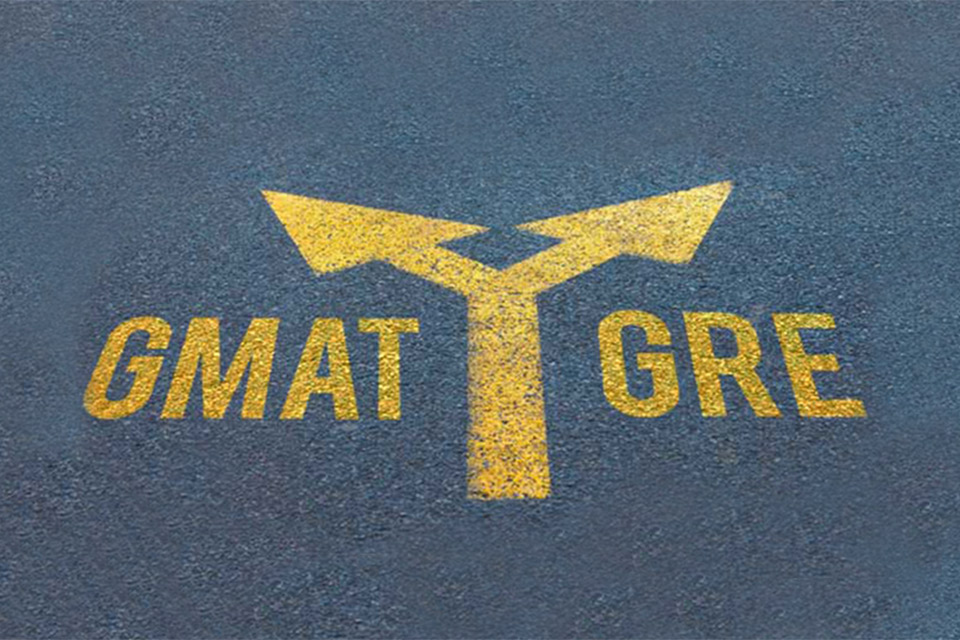Guide to US Applications • Undergraduate
SAT vs ACT: Which Is Right for You?
POSTED ON 05/02/2015 BY The Red Pen

“Should I take the SAT or the ACT?” Despite many colleges adopting test-optional policies post the pandemic, we still hear this question regularly. The honest truth: It does not matter. Neither test is easier and colleges view both equally. So how are you to choose? Read on to know some similarities and differences and how to choose the best one for you.
How to make a decision between the SAT and ACT?
The easiest way to make the decision is to try this exercise. Without preparation, simulate the testing conditions and take each test in its entirety. This means, sitting locked in a room for the stipulated time and taking the full exam uninterrupted and unaided. For the most accurate results, sign up for diagnostic tests with test prep professionals. While your scores are unlikely to be high and they may be in the same range on both tests, you will get a sense of which exam best suits your test-taking style. Once you have decided whether you prefer the ACT or the SAT, start preparing for that test and forget about the other one.
What do the SAT and ACT focus on?
The ACT emphasises high school classwork rather than aptitude and tends to be more of an achievement test – it tests what you have learned in school, not just your aptitude for college-level coursework. Further, the ACT includes a science section, which often appeals to Indian students who have excelled in a rigorous science curriculum. At the same time, the English sections of the ACT are more advanced than those on the SAT, though not by much.
The SAT, on the other hand, focuses more on reasoning and logic and always attempts to size up your ability to improvise and act in a situation. The SAT syllabus is limited and an effective SAT prep can be put in place in as little as 30 hours, although that is not recommended.
Other parameters to take into consideration when deciding between the tests (at least, with the current SAT and ACT):
- The ACT math section includes trigonometry but the SAT emphasises story problems and creative application of concepts
- The ACT Reading emphasises grammar and syntax while the SAT focuses on comprehension and vocabulary
- Both tests require a solid foundation in geometry and algebra
In a nutshell, here are the differences between the SAT and the ACT:
| ACT | SAT | |
| What they measure | An achievement test, measuring what a student has learned in school | An aptitude test, testing reasoning and verbal abilities |
| Required components | 5 components: English, mathematics, reading, science and an optional Writing Test | 2 components: Evidence-based reading and writing, along with mathematics |
| Writing test | Optional | Not offered |
| Time allotted | 3.5 hours (without writing)
4 hours (with writing) |
3 hours |
| Scoring parameters | Based on the number of correct answers with no penalty for guessing | No penalty for guessing |
| Scoring values | 36 points total (36 possible in each section. The composite score is an average) | 1600 points total (800 for each mathematics and evidence-based reading and writing. Section scores are added together for the final score) |
| When is it offered in India? | February, April, June, July, September, October and December | March, May, August, October, and December |
| Superscoring | Yes, section scores from different sittings can be reported individually as part of a composite superscore to colleges that allow it | Yes, both sections must be reported from each sitting whose sectional score you wish to have considered; the highest section scores are taken for superscore |
What is superscoring in the SAT and ACT?
Most US colleges in the US will ‘superscore’ your SAT and ACT results – that is, they consider the highest section scores from all test dates reported. So, if you did well on mathematics in your first SAT sitting but your evidence-based reading and writing was higher in your second sitting, the college will look at your highest scores in each section across those two sittings.
Here’s where another key difference comes in: With the SAT, you’ll need to report your complete score from each test date that you wish colleges to consider even if they superscore. However, with the ACT, you can report individual section scores from different dates as part of a ‘composite superscore’.
So while there are significant differences between the ACT and the SAT, the most important thing to remember is that neither is preferred more by US colleges and neither one is easier! Both are perceived equally and the choice is yours.



